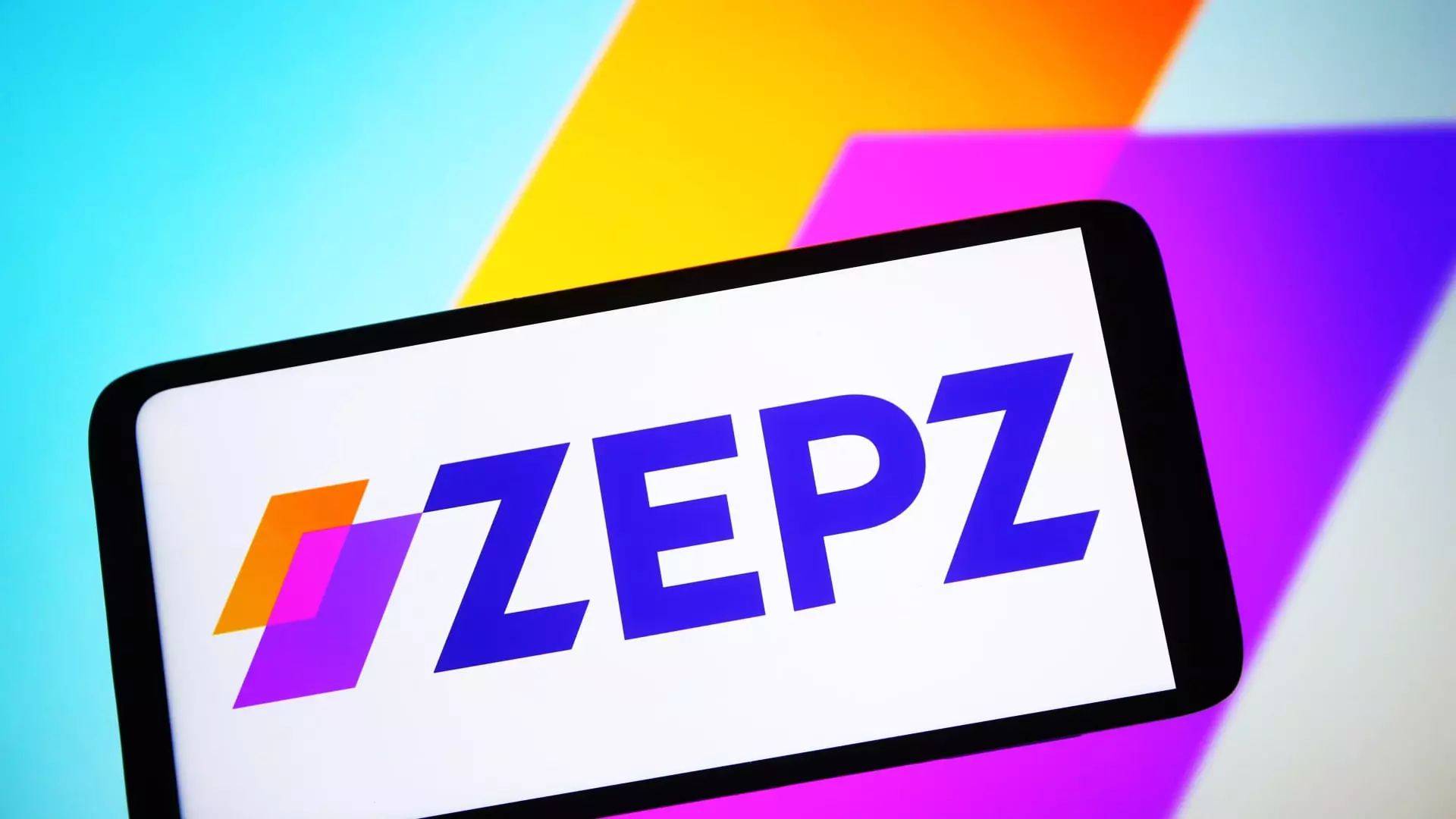In an increasingly competitive financial technology sector, strategic pivots often accompany a blend of opportunity and necessity. British-based digital remittances platform Zepz, formerly known as WorldRemit, is the latest case in point. Reports of imminent layoffs and closures of operations in Poland and Kenya have raised eyebrows and ignited discussions about the company’s future and the broader implications for the fintech industry.
Zepz plans to lay off approximately 200 employees, an alarming figure that accounts for about 20% of the company’s global workforce, which stood around 1,000 employees as of January. This reduction primarily targets IT functions, including software engineering and database administration, according to insights from those affected by the redundancies. While company leaders have been reticent to publicly acknowledge the scale of these layoffs, internal communications have shed light on the gravity of the situation.
In a memo to staff, Zepz’s CEO Mark Lenhard highlighted the decision as part of a larger strategy, calling it necessary for sustainable future growth. The move appears to be a reactionary measure to internal operational shifts, powered by automation and artificial intelligence advancements. Such innovations, while beneficial for efficiency, often lead to a stark realization that fewer human resources are necessary to achieve the same outcome.
Zepz’s leadership asserts that the layoffs are not indicative of a strategic shift but rather an essential step towards refining its operational capacity. They emphasize that advanced technological integrations have provided a strong framework that, paradoxically, reduces the need for a vast workforce. This duality presents a complicated narrative; while the intent is to streamline operations, the human cost involved cannot be ignored.
Moreover, Lenhard’s messaging underscores the vital nature of maximizing impact and efficiency within the company’s mission to serve immigrants globally. This prioritization of operational flexibility over personnel raises ethical questions about the balance between technological advancement and employee welfare. As organizations like Zepz navigate the digital transformation landscape, the fate of dedicated staff members hangs in the balance.
It is important to recognize that Zepz has a prior history of significant workforce reductions, having laid off 420 employees just a year earlier, constituting 26% of its workforce. Several factors likely necessitated these repeated cuts, including the competitive fintech market where companies like PayPal, Wise, Revolut, and Remitly are vying for dominance. Each of these competitors has positioned themselves robustly within the digital payments ecosystem.
The need to remain agile and responsive in a landscape characterized by rapid change underscores the imperative for firms like Zepz to continuously reassess operational efficacy. Nonetheless, the recurrent nature of these layoffs raises concerns about the overall stability and sustainability of the business model employed by Zepz. Each cutback is a reminder of the fragility of tech companies during economic uncertainties.
While laying off employees can contribute to short-term financial stability, it also carries profound cultural ramifications. A “remote-first” employment approach is indeed progressive, yet it poses challenges when substantial layoffs occur. The psychological impact on remaining staff cannot be overlooked, and feelings of insecurity and a lack of engagement may ensue, leading to further productivity dips.
Moreover, these cuts affect not just those who are let go, but also the dynamics of team cohesion and morale within the organization. It necessitates a substantial effort from leadership to reassure and motivate staff members who remain, particularly in the wake of multiple rounds of layoffs. Keeping the workforce engaged while managing job insecurity becomes an uphill battle in fostering a resilient company culture.
As Zepz continues navigating its transformative journey, it stands at a crossroads that could determine its trajectory in the fintech landscape. The looming potential for an IPO—while still an uncertain prospect—has seen the company previously valued at $5 billion and backed by prominent investors like Accel and TCV. However, with layoffs becoming a recurring theme, potential investors might reassess their enthusiasm, weighing the short-term financial gains against the risks of operational instability.
Ultimately, Zepz’s future success hinges not only on its ability to refine its operational strategy and leverage technological advancements but also on its capacity to maintain morale and a sense of purpose among its workforce. The dual challenge of sustaining growth while managing human resources will play a pivotal role in shaping its standing in an ever-evolving market. As the narrative unfolds, observers will watch closely, questioning whether the company can balance its ambitious goals with the humane treatment of its employees.

